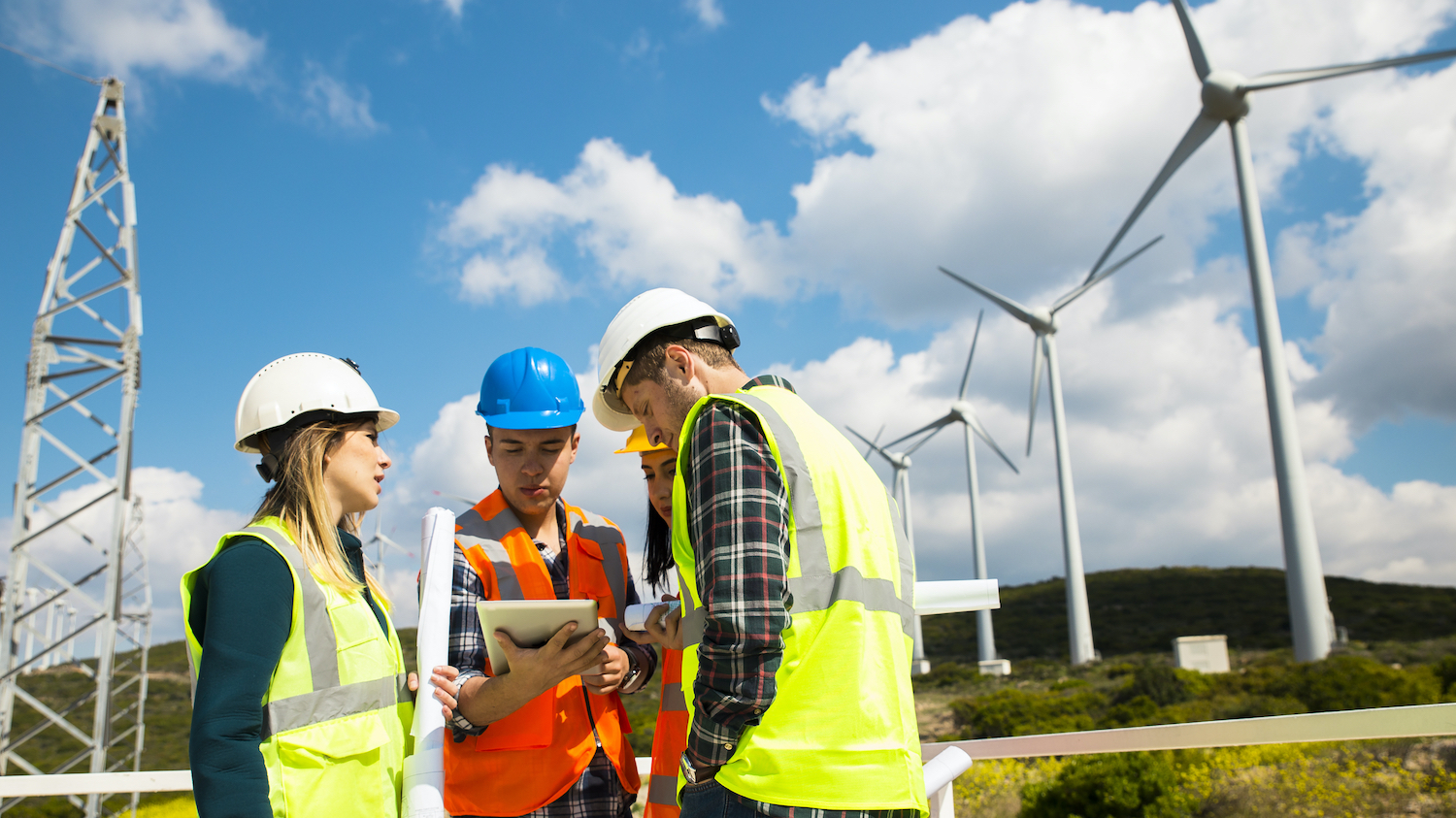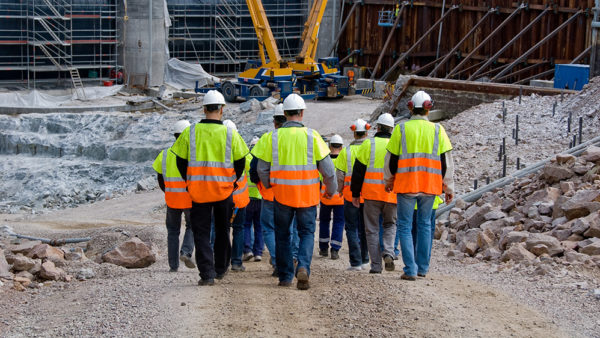
The construction industry often relies on broad terms like ‘climate change’, ‘sustainability’, and ‘net zero’ to explain why renewable projects are needed.
New research by Copper Consultancy, Keele University and BMG Research shows this language is often confusing and fails to connect with the public’s everyday lives.
The findings are stark: half the UK population has little or no understanding of what net zero actually means. Considering the political capital invested by successive governments in the net zero agenda, the lack of cut through around the term itself is astounding.
More disconcertingly, this gap in understanding creates space for politicisation and misinformation around what ‘net zero’ means.
The result is that, instead of inspiring people with the opportunities net zero could bring, the phrase now too often suggests disruption, inconvenience and wasted money.
The research should be a massive wake-up call to industry. If advocates for renewable projects don’t change the way they talk about them, they risk losing control of the narrative altogether, jeopardising future political support.
Instead, industry should strive to tell a story which associates words such as ‘innovation’, ‘collaboration’ and ‘dedication to social value’ to net zero.
So, where do we go from here?
There is great work happening across the industry, but the challenge is a disconnect exists between the reality of that work and the perception of it.
Industry is struggling to share the benefits of projects authentically enough to win people over and build trust.
We know people don’t necessarily oppose climate action – the challenge is that they often don’t see the benefits, both personally or locally.
Most renewable infrastructure projects don’t exclusively benefit the area they’re built in, yet can bring disruption. If the message about ‘why’ the project is beneficial isn’t clear, it allows critics to hijack that narrative.
This underlines the clearest takeaway from our report: industry must show the direct advantages to local communities, and step away from talking about more nebulous benefits as a priority.
Broader, long-term gains are important to articulate – but local people want to understand the local benefits. As such, we need to take control of the narrative and tell it in a way that people have no choice but to engage with.
And how do we do this?
Every project is unique and should be grounded in the reality of the people we will be impacting – meaning the need to get to know local communities and ask what’s important to them.
For example, a broadbrush theme we found as important from our research is the cost-of-living crisis. It highlights how there are opportunities to frame the climate narrative and project benefits in a way that directly links back to people’s everyday priorities.
We also need to move from a narrative of ‘doing less harm’ to one of actively doing good, showing how infrastructure projects can deliver social, environmental, and economic value in a visible and meaningful way.
By making sustainability relatable and positive, we can start to build trust, engagement, and support for projects that will really make a difference. But we can’t achieve this if communications and social value are not resourced properly.
At times, these can be seen as ‘bolt on’ activities, rather than essential deliverables to ensure community longevity.
We need to resource our efforts and not expect this to be wrapped up as part of someone’s role. One person can knock on the door, but together we can bring the door crashing down.
Going forward
Our research could be seen by some as alarming; after all, the vast majority of people do not understand the central term behind all renewable development in the country.
I don’t see it like this, though. The report’s findings are a wake-up call, but they also present an opportunity.
For too long, industry’s argument for renewables has been rooted in the need to reach net zero. Rightly or wrongly, that narrative doesn’t chime with the public. There is space to make this case, but it must be grounded in real life, every-day benefits.
If it isn’t, then the conclusion is clear: net zero, and the projects which underpin it, will become a more fractious topic, which in the long run serves no one.
By talking to local concerns and priorities, we can avert this and shift focus – and most importantly, keep the path to clean energy on track.
So, let’s use our collective voice to win back the narrative.
Aisling Byrne is account director at Copper Consultancy.
Comments
Comments are closed.












Why you ask?
Every project has an element of Time, Quality and Cost. This project has no benchmark for Quality, what that unknown Quality will Cost and for how long.
Losing jobs, ruining the economy, handing out billions to overseas entities is not something the British taxpayer asked for so “sabotage” you say, more like an idiotic, experiment based on an addled ideology.